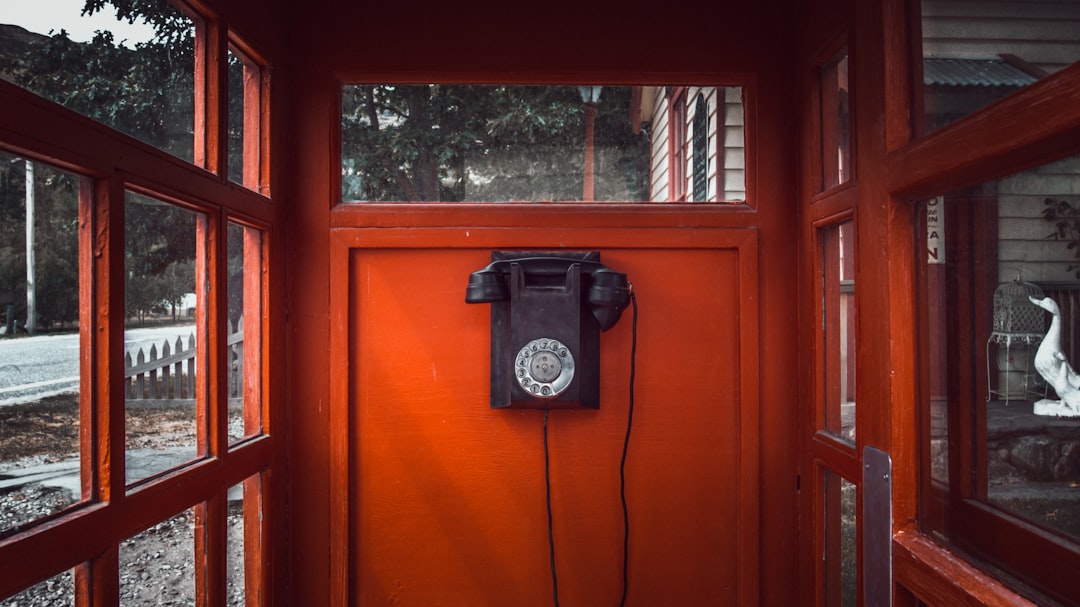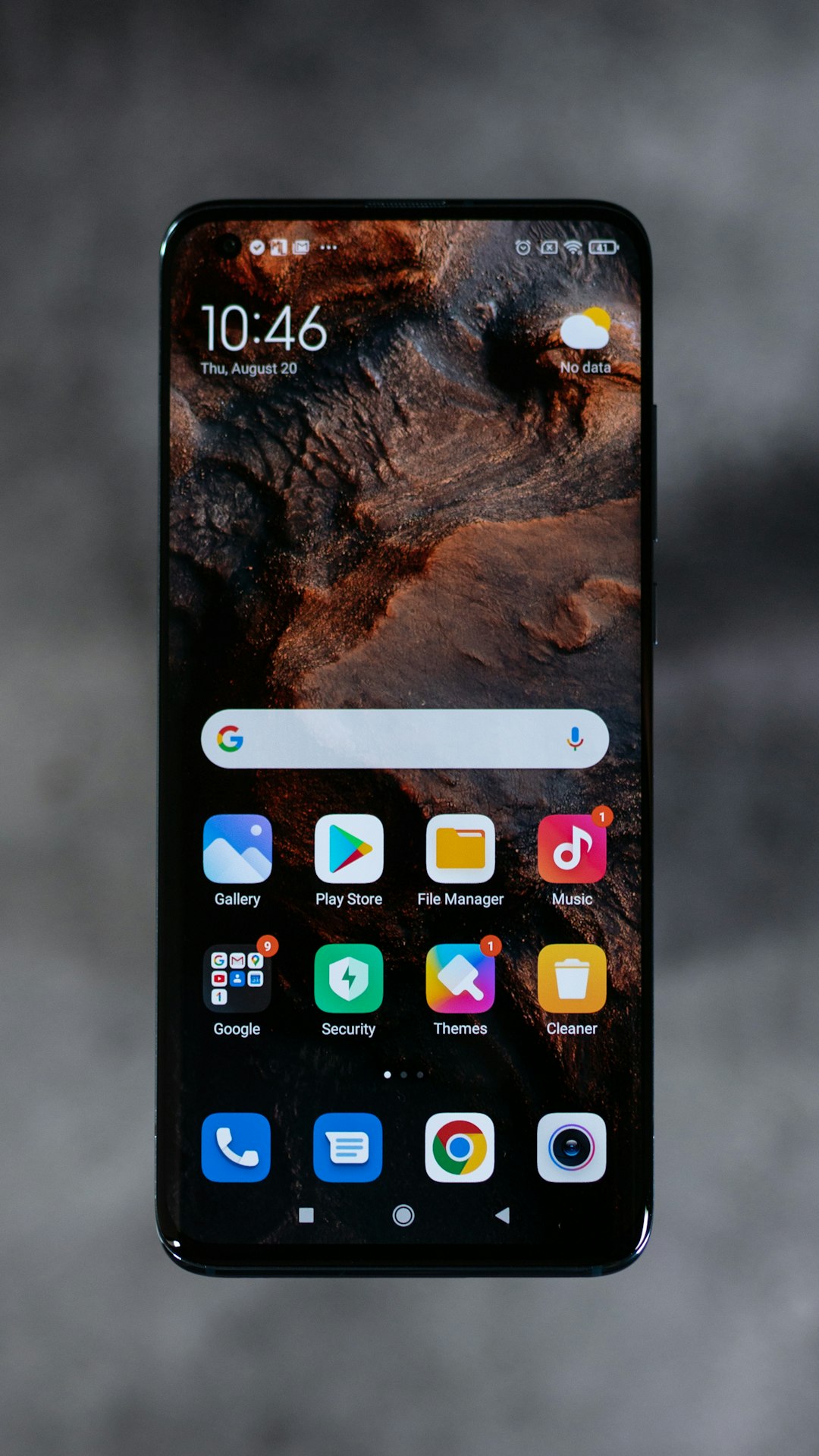Tired of unwanted autodialed calls in Minnesota? You’re not alone. Robocalls have become a pervasive problem, frustrating residents across the state. Minnesota’s strict robocall laws offer protections, but navigating legal options can be daunting. This comprehensive guide explores your rights and solutions, from understanding the law to finding the best app to stop robocalls, hiring a lawyer or robocall law firm in Minnesota, and even future-proofing your phone. Discover how to reclaim control of your communication and say goodbye to pesky autodialers.
- Understanding Minnesota's Robocall Laws: A Comprehensive Overview
- The Rise of Robocalls and Their Impact on Residents in Minnesota
- Legal Recourse: How a Lawyer Can Help Combat Robocalls
- Top Apps to Block Automated Calls: A Comparison for Minnesota Users
- Navigating Legal Actions Against Robocallers: Rights and Responsibilities
- Success Stories: Real-Life Cases of Robocall Stoppage in Minnesota
- Future-Proofing Your Phone: Long-Term Solutions Against Robocalls
Understanding Minnesota's Robocall Laws: A Comprehensive Overview
Minnesota has strict laws regarding autodialed phone calls, often referred to as robocalls, without prior consent or explicit permission from the recipient. These laws are designed to protect residents from unwanted and intrusive marketing calls. The state’s regulations are part of a broader effort to curb excessive and nuisance phone marketing practices across the country.
Under Minnesota law, businesses and organizations are prohibited from using automated dialing systems to make robocalls for telemarketing or advertising purposes unless they have obtained written consent from the caller. This means that if you haven’t given explicit permission for your number to be added to a marketing list, you should not receive automated calls promoting products, services, or discounts. Residents can take action by reporting suspected violators to the Minnesota Attorney General’s Office and using specialized apps designed to block robocalls, which are becoming increasingly popular among best app to stop robocalls attorneys and law firms in Minnesota.
The Rise of Robocalls and Their Impact on Residents in Minnesota
Legal Recourse: How a Lawyer Can Help Combat Robocalls
If you’re tired of relentless robocalls, it’s time to consider legal action. A skilled lawyer specializing in telecommunications law can be your best ally in this fight. They have the expertise to navigate complex regulations like the Telephone Consumer Protection Act (TCPA) and help you understand your rights.
A lawyer can assist with identifying potential violators, drafting cease-and-desist letters, and representing you if the matter escalates to legal proceedings. They’ll leverage their knowledge of robocall laws to ensure you receive compensation for any nuisance or financial loss caused by these unwanted calls. With their help, you can finally silence those relentless ringing phones.
Top Apps to Block Automated Calls: A Comparison for Minnesota Users
In the fight against unwanted automated calls, known as robocalls, Minnesota residents have a powerful tool at their disposal: robust mobile applications designed to block these relentless intruders. The ‘best app’ title is hotly contested, but several stand out for their effectiveness and user-friendly interfaces. Apps like TrueCall and Hiya top the list due to their advanced call identification technologies, allowing users to effortlessly block or report spam calls. These tools learn from community input, constantly updating their databases of known robocallers.
For those seeking legal recourse against persistent robocalls, some apps offer additional features. CallApp, for instance, provides a log of blocked calls and the option to record and report them as potential violations of Minnesota’s strict robocall laws. Users can also quickly block numbers associated with fraudulent or unwanted calls, empowering individuals to take control of their communication channels. With such options readily available, Minnesota residents now have more power than ever to silence the nuisance of robocalls.
Navigating Legal Actions Against Robocallers: Rights and Responsibilities
Success Stories: Real-Life Cases of Robocall Stoppage in Minnesota
In Minnesota, numerous individuals have successfully fought back against intrusive autodialer calls, thanks to the efforts of dedicated lawyers and the use of specialized apps. Many residents have found solace in the best app to stop robocalls, which has become a powerful tool in their arsenal against unwanted telemarketing. These innovative solutions have led to notable success stories, with people regaining control over their communication channels.
The rise of robocall law firms and attorneys across the state has empowered Minnesotans to take legal action. Skilled lawyers specializing in this field offer expert guidance, helping clients navigate complex regulations and secure relief from incessant robocalls. The collaboration between concerned citizens and these robocall attorneys has resulted in significant victories, demonstrating that collective action can make a tangible difference in combating this modern-day nuisance.
Future-Proofing Your Phone: Long-Term Solutions Against Robocalls
In today’s digital era, the rise of autodialers and robocalls has become a persistent problem, leading many Minnesota residents to seek long-term solutions. While short-term remedies like blocking numbers or using current apps can offer temporary relief, future-proofing your phone against robocalls requires more comprehensive strategies. The best app to stop robocalls or the top-rated lawyer for robocall cases in Minnesota can guide you through these advanced options.
Robocall law firms and attorneys in Minnesota are well-versed in navigating the legal aspects of this issue, offering services that go beyond blocking. They advocate for stricter regulations and provide access to innovative technologies designed to detect and block future robocalls. By employing these long-term solutions, residents can ensure their peace of mind and stay protected from unwanted automated calls, making them less susceptible to potential fraud or identity theft associated with robocalls.






